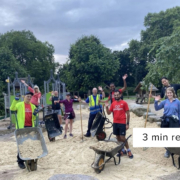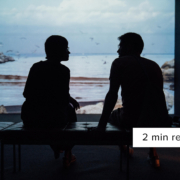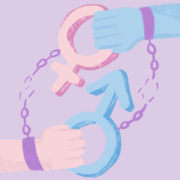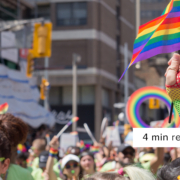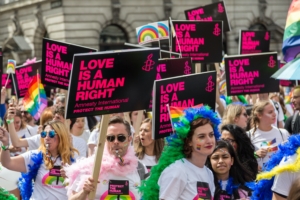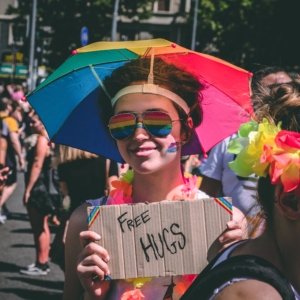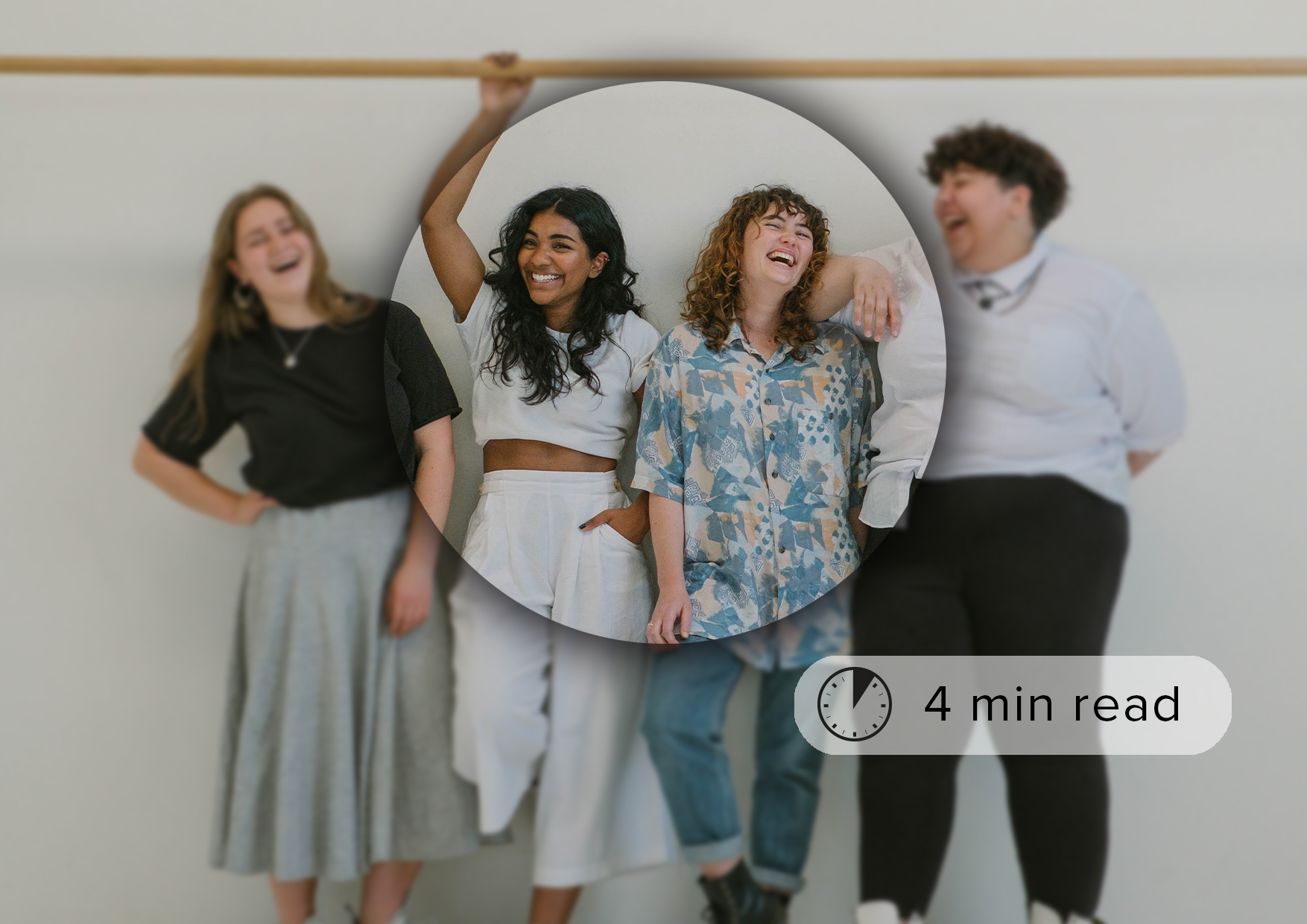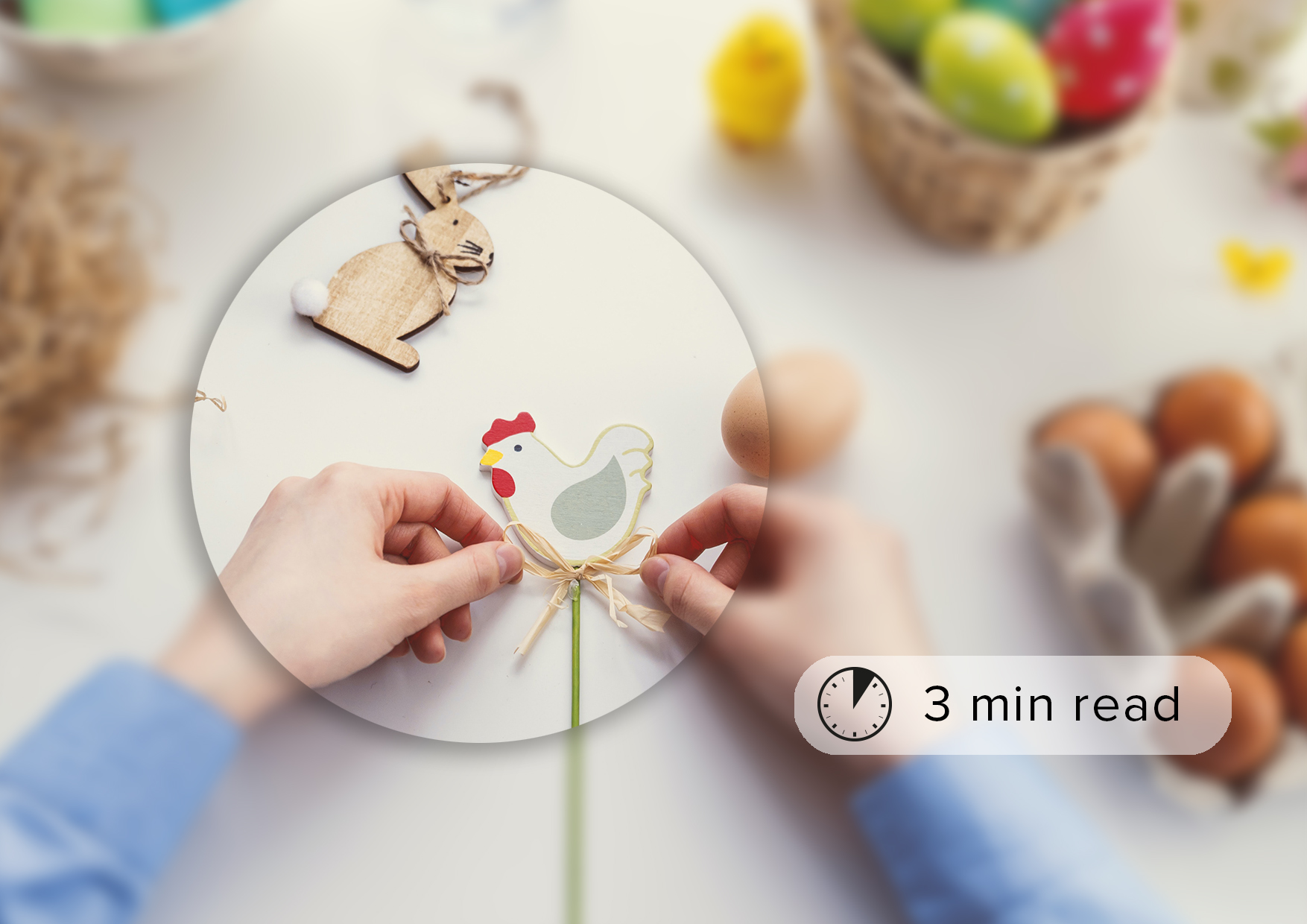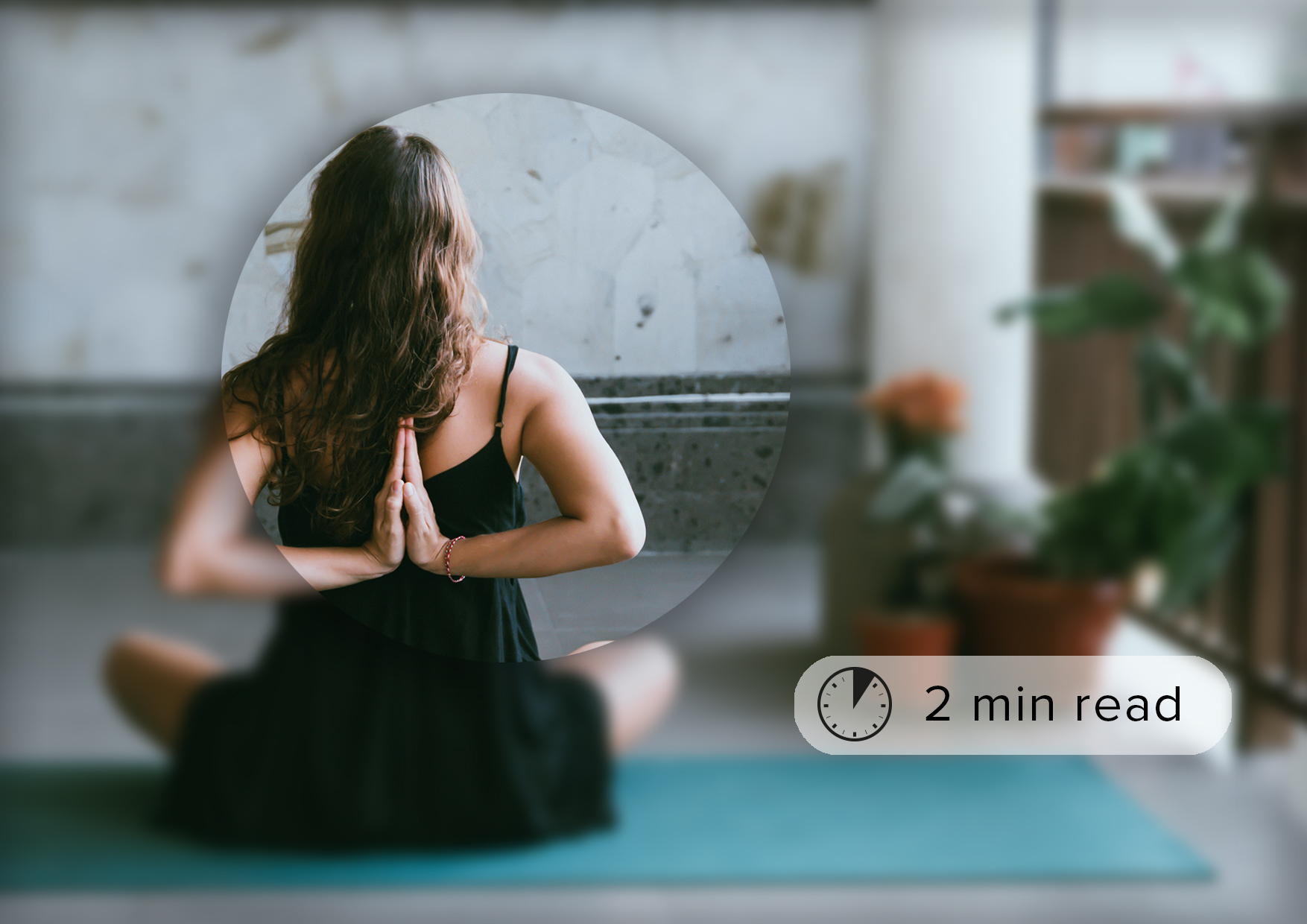Giving back
“Everyone can experience the joy and blessing of generosity; because everyone has something to give.”
Jan Grace, Author.
Over the past 18 months we’ve seen some of the amazing things people have given. Whether it’s their time, effort, energy or expertise to help others, the compassion shown has been inspiring. As well as this, lots of us have donated to causes we care deeply about, from the NHS to animal shelters, environmental causes or charities tackling social issues – giving back or trying to help those less fortunate is something we should all strive to do.
What‘s in it for me?
Volunteering is often, rightly, viewed as a way to give back, be it to a community, group of people or a cause. But not only are there benefits for the people and causes receiving help, lots of volunteers talk about the positive effects volunteering has for them.
Volunteers from Volunteer Scotland talk about the feeling of pride, achievement, gratitude and sense of wellbeing they get from volunteering. And not only that, volunteering can give you the opportunity to learn new skills, make you feel part of a community and build new friendships – getting out the house to socialise while doing some good is definitely something many of us want to do after the year we’ve had. All of these things can also help improve your mental health – it really is win-win!
What can I do?
The National Council for Voluntary Organisations, Do It, and the Government website are great places to start your search for voluntary work. You can also keep an eye on local Facebook groups and community noticeboards for opportunities. If you want to volunteer regularly it’s important to find something that interests you, as it’s more likely to keep you invested. Maybe you want to donate some money to charity? It’s worth exploring whether your employer offers give as you earn donations or payroll giving, as this way donations are made directly from your salary, in a tax efficient way, to your chosen charity.
It doesn’t just need to be your time or money you volunteer either. You could have a wardrobe clear out and donate your pre-loved clothes to charity, or how about combining a workout with doing some good? GoodGym bring together physical exercise with helping out in local communities by organising local runs to volunteer at food banks, shift earth for community groups, plant trees in local parks, and loads of other amazing projects.
There are loads of great causes to get involved with, so let us know if you volunteer for anything.

